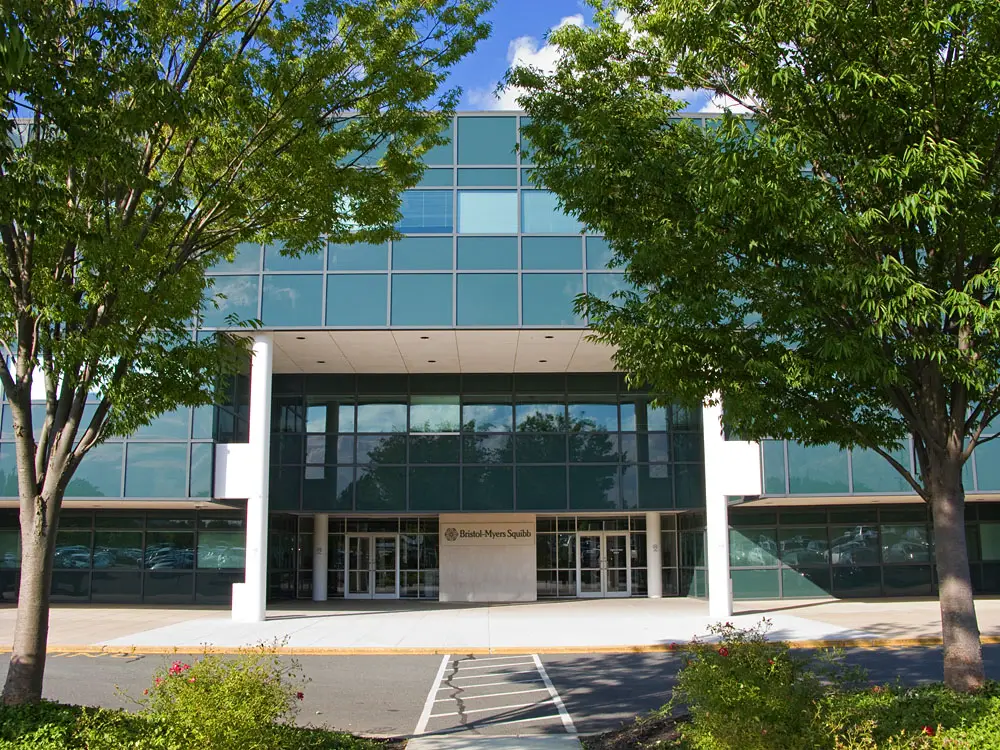
Bristol-Myers Squibb’s new immune checkpoint inhibitor combination Opdualag has only been on the US market for a few weeks, but is already off to a “great start”, according to chief executive Giovanni Caforio.
Opdualag – a fixed-dose combination of LAG-3 inhibitor relatlimab and BMS’ PD-1 inhibitor Opdivo (nivolumab) – was approved as a first-line therapy for unresectable or metastatic melanoma by the FDA in March, and garnered $58 million in sales in the second quarter.
Some of those sales are cannibalising sales of Opdivo monotherapy and the combination of Opdivo and BMS’ CTLA4 inhibitor Yervoy (ipilimumab), said Caforio, but the sales trajectory indicates “robust demand” that suggests the drug can provide “durability” to the company’s immuno-oncology franchise.
The early performance reinforces confidence that the new drug can meet its $4 billion peak sales target across multiple cancer indications.
Most of the switching is from patients on PD-1 monotherapy, where clinical data shows a more than doubling in progression-free survival with Opdualag and a trend towards improved overall survival, but overall the pattern is much as BMS expected, he added.
Opdualag has “the potential to be a new standard of care in patients with metastatic melanoma around the world,” said the CEO, with approval in the EU anticipated in the coming weeks after the drug was backed by the EMA’s human medicines committee.
“In terms of the dynamics within the market, shares in first-line metastatic melanoma are in the low double digits for Opdualag,” with some use of the drug also occurring in the second-line setting, he told analysts on a conference call.
BMS has first-mover advantage with its LAG-3 drug, but other companies are in close pursuit. Leading the following pack is Merck & Co, whose PD-1 inhibitor Keytruda (pembrolizumab) is Opdivo’s biggest rival.
Merck is developing a LAG-3 inhibitor called favezelimab as a combination with Keytruda and started a phase 3 trial in colorectal cancer last year. Meanwhile, other companies with LAG-3 programmes include Immutep, Novartis, Incyte and Regeneron.
Like PD-1, LAG-3 is a negative regulator of T cells, suppressing their activity against cancer cells, so when that brake is released, the immune system can attack and kill tumours.
Overall, BMS reported a 2% rise in second-quarter revenues to $11.9 billion, led once again by Opdivo and anti-thrombotic drug Eliquis (apixaban) but backed by a series of new products that collectively added $482 million to the pot.
Among these, beta thalassaemia-associated anaemia therapy Reblozyl (luspatercept) made the biggest contribution, rising 34% to $172 million, while CD19-targeted CAR-T therapy Abecma (idecabtagene vicleucel) grew to $89 million from $24 million a year ago thanks to increased manufacturing capacity.
Big-selling blood cancer therapy Revlimid (lenalidomide) fell 22% to $2.5 billion in the face of generic competition, but proved resistant to the erosion with sales around $400 million ahead of expectations.
Caforio said there was also significant progress in BMS’ pipeline, pointing to the anticipated approval of oral psoriasis therapy deucravacitinib in September and the move of next-generation anti-thrombotic milvexian into phase 3.
The post Opdualag off to a flying start, says BMS CEO appeared first on .